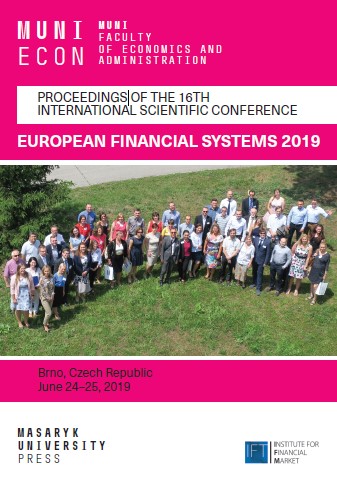The Effectiveness of Lower Secondary Education in OECD Countries
The Effectiveness of Lower Secondary Education in OECD Countries
Author(s): Darya DANCAKOVÁ, Jozef Glova
Subject(s): Labor relations, School education, State/Government and Education, Socio-Economic Research
Published by: Masarykova univerzita nakladatelství
Keywords: secondary education; student achievement; PISA 2015; spending on education; DEA;
Summary/Abstract: In contemporary society the meaning of education has changed dramatically. The phenomenon of knowledge economy represents the highest stage of the postindustrial society and economy development, where the competitiveness of a country is no longer defined through the ever-larger number of factory workers, but is directly related to the stock of knowledge and capability for learning new skills embodied in even more educated population. Therefore, in today´s fast-changing global environment, education is recognized as one of the most important factors, besides financial and material resources, determining a success of a modern society. Mainly, the secondary education attainment could be perceived as an important stage in educational progressing across developed countries, since leaving school with a good qualification is crucial for getting into tertiary education as well as for entering a job market. The following study measures the efficiency of secondary education using Data Envelopment Analysis (DEA) and compares the results across the selected EU countries. The aim of the paper is to provide an empirical analysis of the relationship between educational expenditures and its efficiency reflected in the PISA testing results
Book: European Financial Systems 2019: Proceedings of the 16th International Scientific Conference
- Page Range: 98-108
- Page Count: 11
- Publication Year: 2019
- Language: English
- Content File-PDF

